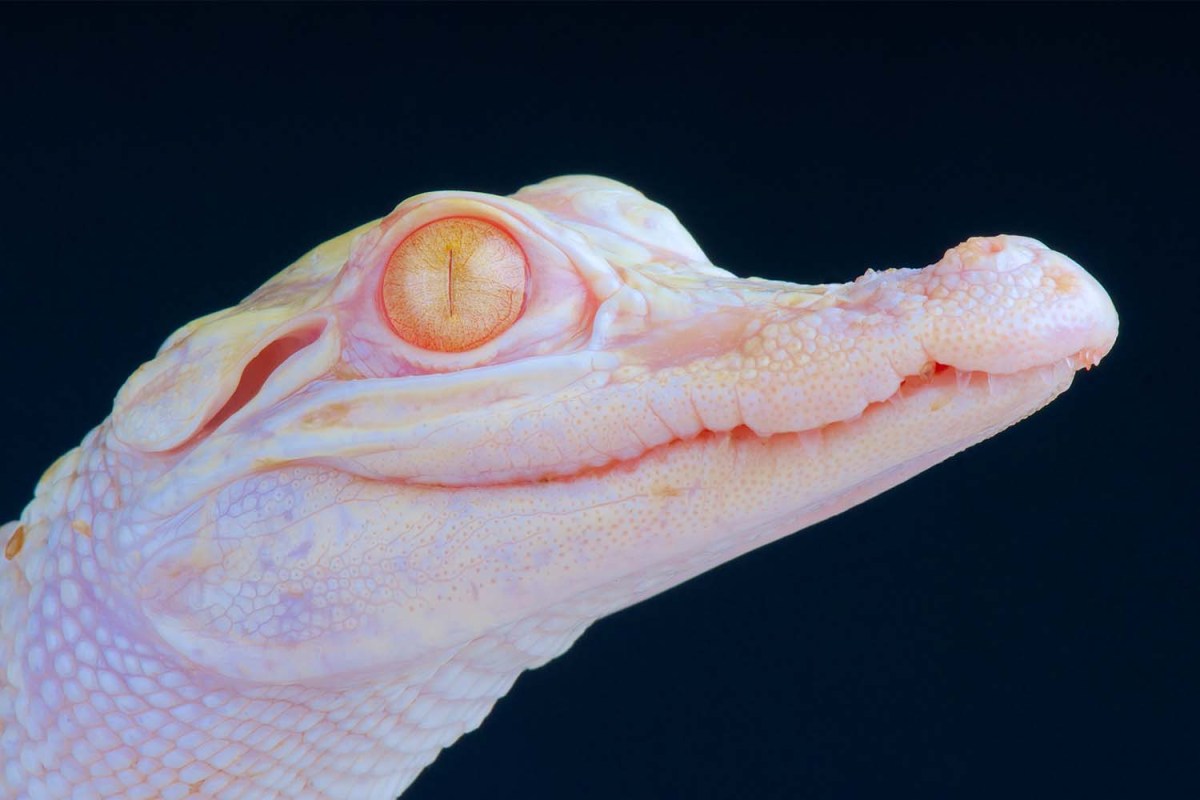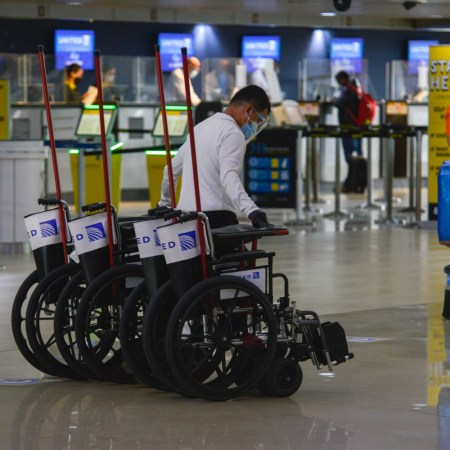In 2018, following a weeklong road trip from New York to Arizona, a friend and I were set to fly home out of Phoenix Sky Harbor International. What seemed a routine stroll through security became moderately less so when my friend was found in possession of a pocketknife in her carry-on. It was an accident, of course — we’d been camping days prior — but we were nonetheless profusely apologetic for having attempted to sneak a weapon through security. The TSA officer, by contrast, was totally unfazed.
The most obvious explanation for that is that, per the TSA’s website, more than two million passengers are screened each day at nearly 440 airports nationwide, and on average, officers discover as many as nine firearms (that number has increased exponentially in 2022), among other prohibited items, per day at security checkpoints. In a 2015 report for The Washington Post, Andrea Sachs wrote, “At Newark, one of the largest facilities in the country, the ‘property custodian’ visits 10 checkpoints in three terminals, dedicating several hours to the collection. The officer might gather 100 to 150 pounds [of unacceptable items] on a typical day. The weight doubles over the holidays.”
All of this to say, our tiny pocketknife was a mere trifle compared to what other passengers were — and are — unsuccessfully trying to smuggle through airport security. But, more recently, it’s led me to wonder: What exactly are they trying to get through?
Albino alligators, that’s what.
According to a report from Travel Noire, a 42-year old man was found to have a live, three-foot-long, plastic-wrapped albino alligator stashed in his suitcase in Munich Airport in Germany this week, after it showed up on the X-ray machine. The American traveler reportedly was en route to Singapore, where rare animals can be sold for a premium in the illegal animal market, before he was caught. (There are apparently only around 100-200 albino alligators in existence.)
Needless to say, the man is now up against criminal charges for violating Germany’s Species Protection and Animal Welfare Act, in addition to being slapped with a fine and having his phone confiscated by officials. The gator was reportedly in rough shape at the time it was found, but after receiving care from animal keepers it’s on the mend and no longer Singapore-bound.
In short, the next time you find yourself apologizing for accidentally almost smuggling a tiny multitool through security? Remember you could have purposely packed an albino alligator instead, but you didn’t.
Thanks for reading InsideHook. Sign up for our daily newsletter and be in the know.


















